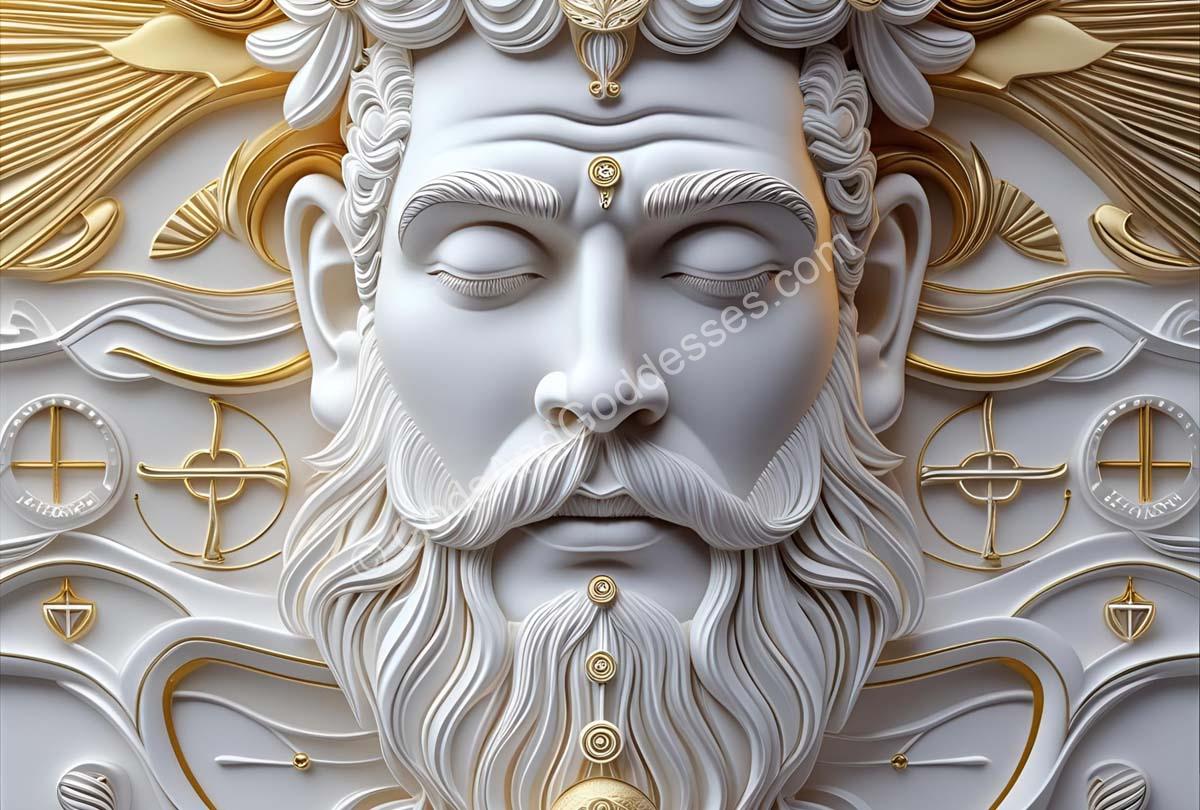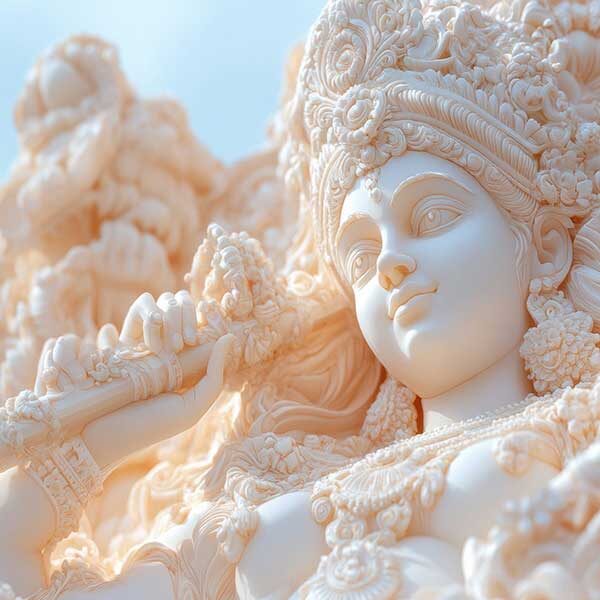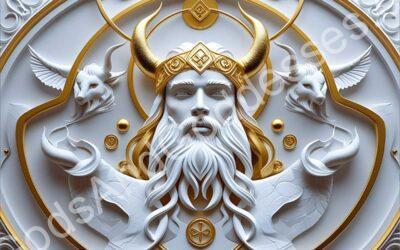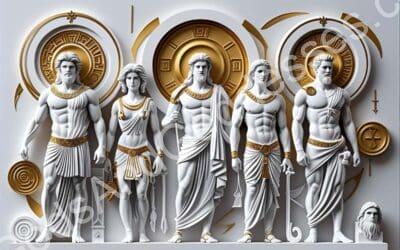Introduction: Why Powerful God Names Still Matter
Across cultures and centuries, humans have turned to the names of gods for courage, power, and guidance. Some names strike like thunder, others shine with wisdom or inspire resilience in the face of challenges. Whether for personal empowerment, creative inspiration, or spiritual practice, powerful god names remind us of the divine energy embedded in myth.
At GodsAndGoddesses.com, we explore Gods, Goddesses, God Symbols, and Types of Gods to show how these ancient names still carry strength and meaning today.
“The names of gods are not just words—they are echoes of strength, symbols of protection, and timeless reminders of the divine within us.”
See also: Mythology.
Key Takeaways About Powerful God Names
-
Powerful god names symbolize strength, wisdom, protection, and resilience.
-
Their meanings are rooted in ancient languages and cultural values.
-
Invoking these names was seen as a way to call upon divine power.
-
Today, they inspire naming trends, creativity, and spiritual practice.
Why Powerful God Names Matter
God names were more than identifiers—they were vessels of meaning:
-
Strength and Authority – Zeus or Thor carried the aura of command.
-
Wisdom and Guidance – Odin or Vishnu represented knowledge and cosmic order.
-
Protection and Courage – Anubis or Huitzilopochtli were invoked for safety and bravery.
-
Inspiration and Identity – Many still use god names for children, characters, or rituals.
External resource: World History Encyclopedia – Gods in Mythology.
Powerful God Names by Culture
Greek God Names
-
Zeus – King of the gods, ruler of thunder and sky.
-
Ares – God of war, symbol of courage and combat.
-
Poseidon – God of the sea, storms, and earthquakes.
See also: Greek God Names: From Zeus to Hades.
Norse God Names
-
Odin – All-Father, seeker of wisdom, god of war and magic.
-
Thor – God of thunder, protector of gods and humans.
-
Tyr – God of justice and sacrifice.
See also: Norse God Names and Their Meanings.
Egyptian God Names
-
Ra – Sun god and creator, embodying life and renewal.
-
Osiris – Lord of the underworld and resurrection.
-
Horus – Sky god, protector of kingship.
See also: Egyptian Gods: The Deities of Ancient Egypt and Their Powers.
Hindu God Names
-
Shiva – Destroyer and transformer, embodiment of divine energy.
-
Vishnu – Preserver and protector of cosmic balance.
-
Durga – Fierce warrior goddess, invincible and protective.
Celtic God Names
-
Lugh – God of skill, war, and harvest.
-
The Dagda – The “Good God” of wisdom and abundance.
-
Cernunnos – Horned god of nature and life cycles.
See also: Celtic Gods: Ancient Deities of Ireland, Scotland, and Beyond.
Using God Names for Strength and Inspiration
Today, powerful god names inspire in many ways:
-
Personal empowerment – Used as affirmations or mantras.
-
Creative works – Writers and artists use god names for depth.
-
Spiritual practice – Invoked in rituals, meditation, and prayers.
-
Modern naming trends – Parents choose mythological names to reflect strength or beauty.
External resource: Britannica – Mythology.
Frequently Asked Questions
What is the most powerful god name?
It depends on culture. Zeus, Odin, Ra, and Shiva are among the most widely revered as supreme deities.
Can I use god names in daily life?
Yes, many use them for creative projects, inspiration, or even naming pets, children, and businesses.
Are god names still used in modern religion?
Yes. Many deities, such as Vishnu or Shiva, remain actively worshiped today.
Conclusion
Powerful god names carry echoes of ancient belief, courage, and transformation. From the thunderous energy of Thor to the radiant life-giving light of Ra, these names remind us of humanity’s timeless quest for strength, protection, and meaning.
Explore more:
“To speak the name of a god is to summon more than sound—it is to call upon story, strength, and spirit.”
- Odin God Story - August 24, 2025
- The Story of Ra: Egyptian Sun God and Creator - August 24, 2025
- Kraken: Mythological Sea Monster of the Deep - August 24, 2025




